儿童孤独症(自闭症)的三大核心症状是什么?
患孤独症的孩子,他可能在言语方面、在精神方面会有障碍,具体患孤独症的孩子会有哪些临床表现?
孤独症的孩子,他们的临床表现,表现为三大核心症状,一是社会交往障碍;第二是沟通交流,也就是言语和非言语交流的障碍;第三是兴趣狭窄和刻板重复的行为方式。
In terms of social interaction, a typical and severe autistic child has no interest or motivation in social interaction. Even if someone wants to interact with him, he would ignore them. For example, he would not respond when called, he would not look at the person when spoken to, and he would not actively seek out other children to play with. Even if his mother puts him in a group of children, he would run away.
In addition, they do not pay attention to others' facial expressions or emotions, and they do not understand them. They also lack understanding of others' psychological activities, do not seek comfort, do not console others, do not share their joy, and do not engage in imaginative games that involve social and emotional interactions.
Children with milder symptoms may have some motivation and desire for social interaction, but it may not be as strong as that of typical children.
Furthermore, they may have some behaviors that involve initiating social interaction, but their methods of interaction are problematic. For example, some children may hug or kiss others, pull their hair, or use repetitive and rigid language to initiate interaction. For example, they may ask someone their age, grade level, or address, and then there is no further interaction beyond that. This type of interaction is definitely problematic.
Although they may have some eye contact with others, it may be relatively limited compared to typical children. Furthermore, their understanding of others' psychological activities is impaired. They cannot adjust their behavior based on various social cues during interaction, and sometimes they may say inappropriate or abrupt words, which greatly affects their interactions with other children.
In addition, they have difficulty sharing their joy with others, seeking comfort when facing problems, or consoling others in their pain. Therefore, it is difficult for them to establish friendships and understand the concept of friends. As they grow older, it is also very difficult for them to get married or have romantic relationships. They also face many difficulties and obstacles in maintaining family life. These are symptoms of social interaction.
In terms of language and nonverbal communication, these children have various manifestations. First, in terms of nonverbal communication, their development in this area is delayed. Unlike typical children who have rich facial expressions and can convey meaning through eye contact, nodding, shaking their heads to indicate agreement or disagreement, and using various gestures to assist their expression, children with autism lag behind in these abilities.
Children with autism often do not use nodding or shaking their heads to convey meaning. When they are nonverbal, they rarely use other actions to assist their expression. The only action they love to use is taking your hand and placing it on something they want to express their desires. However, they lack many specific ways and methods of communication.
In addition to the barriers in nonverbal communication, they also have obvious problems in verbal communication. One problem is that their understanding of language is behind that of their peers. Many times, when we ask a child how old they are, a typical child will tell us their age, but these children do not understand what you are asking. They may think you are asking about the size of a specific object. This reflects their problem in understanding language.
In addition to the problem in understanding language, their language development is delayed. Typically, children start speaking after the age of one, but they may start speaking at the age of two or three. However, some children start speaking early, at the age of one, but their language development is very slow. For example, a two-year-old child can only produce single syllables, and a three or four-year-old child can only make simple sentences. These all reflect their delayed language development.
In addition to speaking late and using simple language, they may also exhibit various abnormal language forms. For example, they may immediately imitate speech, such as when you ask them their age, they will also ask you the same question. This is related to their poor understanding of language because they do not understand the meaning of what you are saying.
In addition, they may have delayed imitative behavior. For example, if they hear a commercial jingle that they like, they will keep repeating it in their self-talk. They also have many repetitive and rigid language behaviors. For example, they may repetitively ask questions they are interested in, even though they already know the answers.
In addition, their sentence structure may be abnormal. When they want to express something, they always use a questioning form. Some children may use specific phrases to express their special meanings. For example, we once saw a child who would say "Monday, Monday" when he was upset. We do not know what "Monday" means to him, but it may be his way of expressing his emotional distress based on his level of understanding.
In addition to these manifestations, these children have difficulty describing things. When they express their experiences or thoughts, you have to listen carefully. Some children may have problems with logical thinking and their speech may be abrupt, so we often do not understand what they are saying.
For example, we had a child who would say things that had no relevance to the situation. When you ask a question, he may answer with something unrelated. The answer has no connection to what we said. Why does this happen? It is because he does not understand our language, and he does not know how to express himself.
In addition to problems in social interaction and communication, these children also exhibit narrow interests and repetitive behaviors.
Narrow interests are common symptoms in these children and are also a manifestation of their rigidity. They may only be interested in a few things, and they may be obsessed with certain things. These things may be of interest to other children in daily life, but some may not be of interest to other children at all.
For example, some children are particularly interested in watching water swirl in the toilet when it is flushed. Some children are fascinated by rotating objects or fans in air conditioners and can watch them for hours. These interests are not typical for children.
Some children may enjoy watching cartoons, but they are particularly interested in certain segments and will watch them repeatedly dozens of times. This also reflects their narrow interests.
In addition to abnormal interests, these children often exhibit repetitive and rigid behaviors. For example, some children are extremely picky eaters and will only eat hamburgers for six months, refusing to eat anything else. Some children are very stubborn about what they wear, and they will only wear one set of clothes. Their parents can only wash their clothes when they fall asleep.
Some children insist on walking specific routes and placing objects in specific locations. Some children always play games in the same way, such as lining up objects or arranging them in a row. Some children repeatedly twist their hands or engage in repetitive jumping.
In addition to the above, these children may have a strong interest in certain non-essential characteristics of objects. For example, they may have a strong desire to smell things and may crawl on others to smell them or sniff chairs after someone has stood up. Some children have a special attachment to non-living objects, such as a small bottle, a book, a rope, or a small box. They carry these objects with them every day, even when sleeping or going out. If you try to take these objects away, they become anxious and restless. This special attachment to non-living objects also reflects their rigidity.
This set of rigid behaviors, just like social interaction and communication, impairs the functioning of children, so these symptoms need special attention.
In addition to the three core symptoms mentioned earlier, children with autism may also have other complex symptoms, such as emotional instability, impulsivity, temper tantrums, self-harm, and hyperactivity. These are common in these children.
Regarding these symptoms, sometimes they may constitute a diagnosis of another disorder, such as attention deficit hyperactivity disorder (ADHD ), and we also need to diagnose them accordingly.
In addition, children with autism often have intellectual developmental delays. Previous studies have shown that over 75% of children with autism have intellectual developmental delays. Although the current research shows a lower percentage, it still exceeds half of the children. Therefore, when a child has intellectual developmental delays, both autism and intellectual developmental delay need to be diagnosed together.
In addition, children with autism may also have other problems such as epilepsy. So we need to pay attention to their specific situations.


儿子8岁才被诊断为自闭症
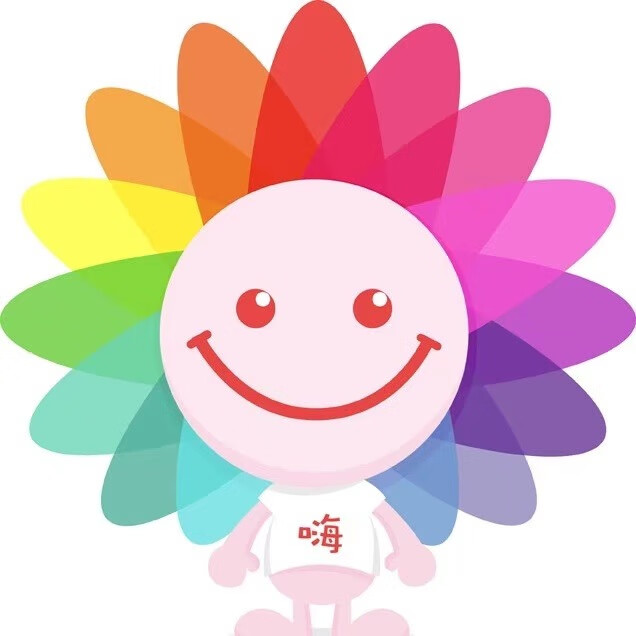
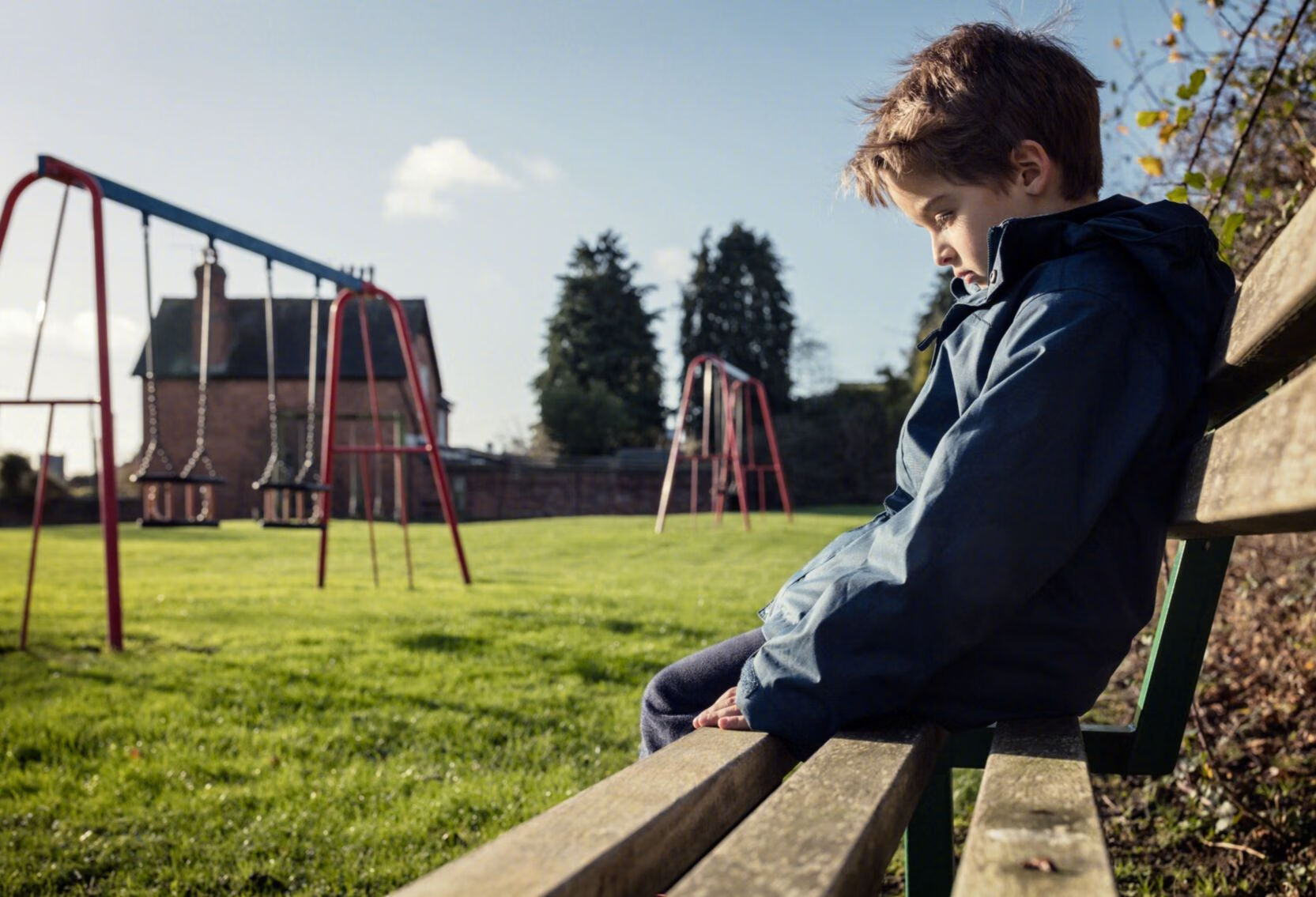
孤独症患儿的发病原因有哪些?


儿童肺结核的早期症状都有哪些?
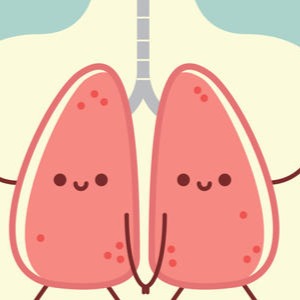

儿童的哪些行为家长要警惕抑郁症倾向?

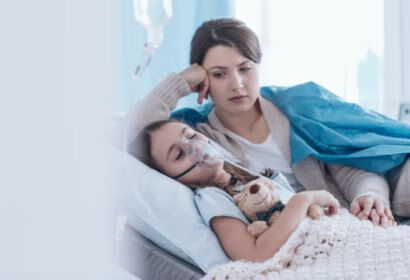
儿童结核,有哪些特点?

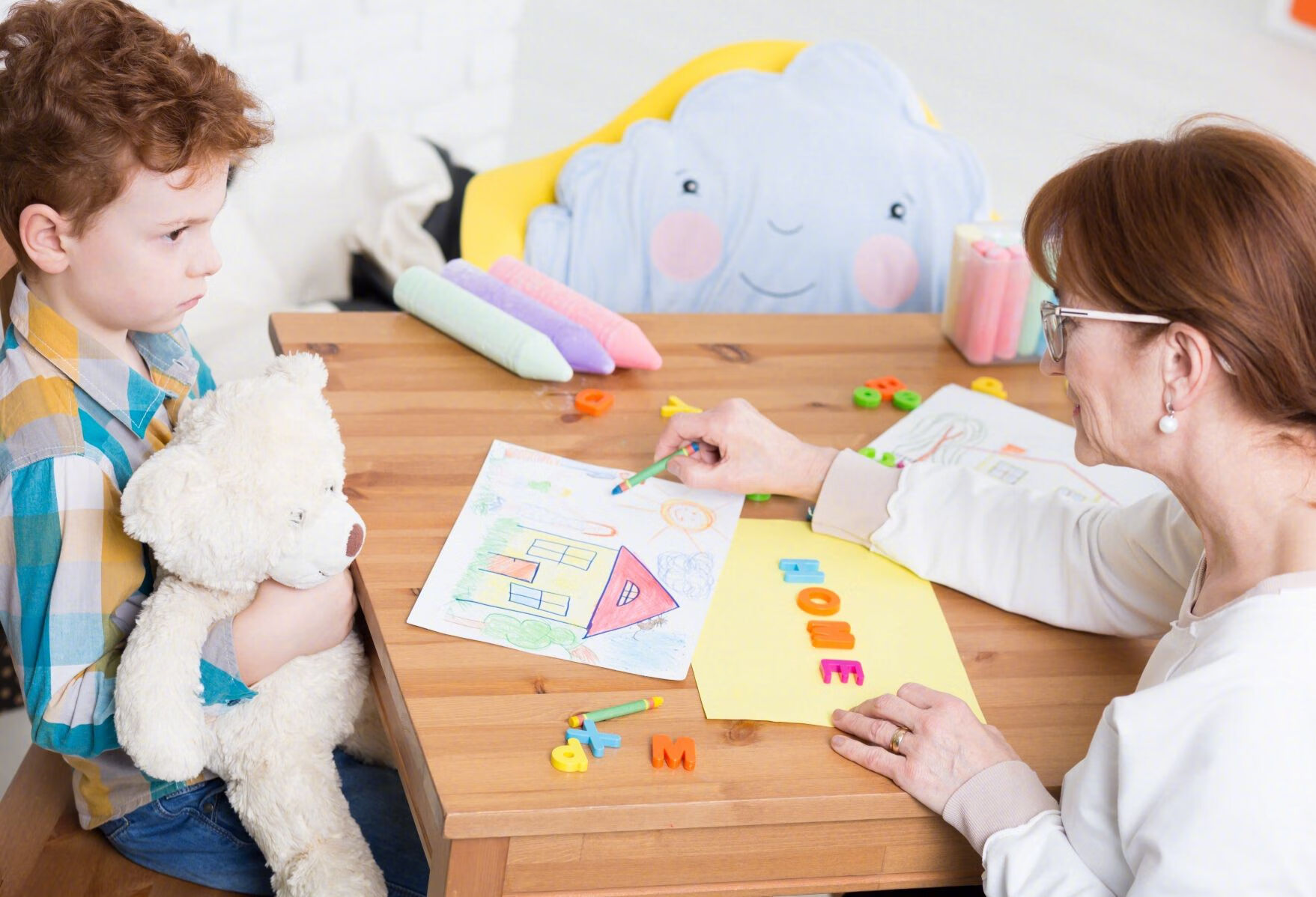
每个自闭症儿童,都是一座孤岛


小孩发育迟缓OR自闭症,怎么区分?

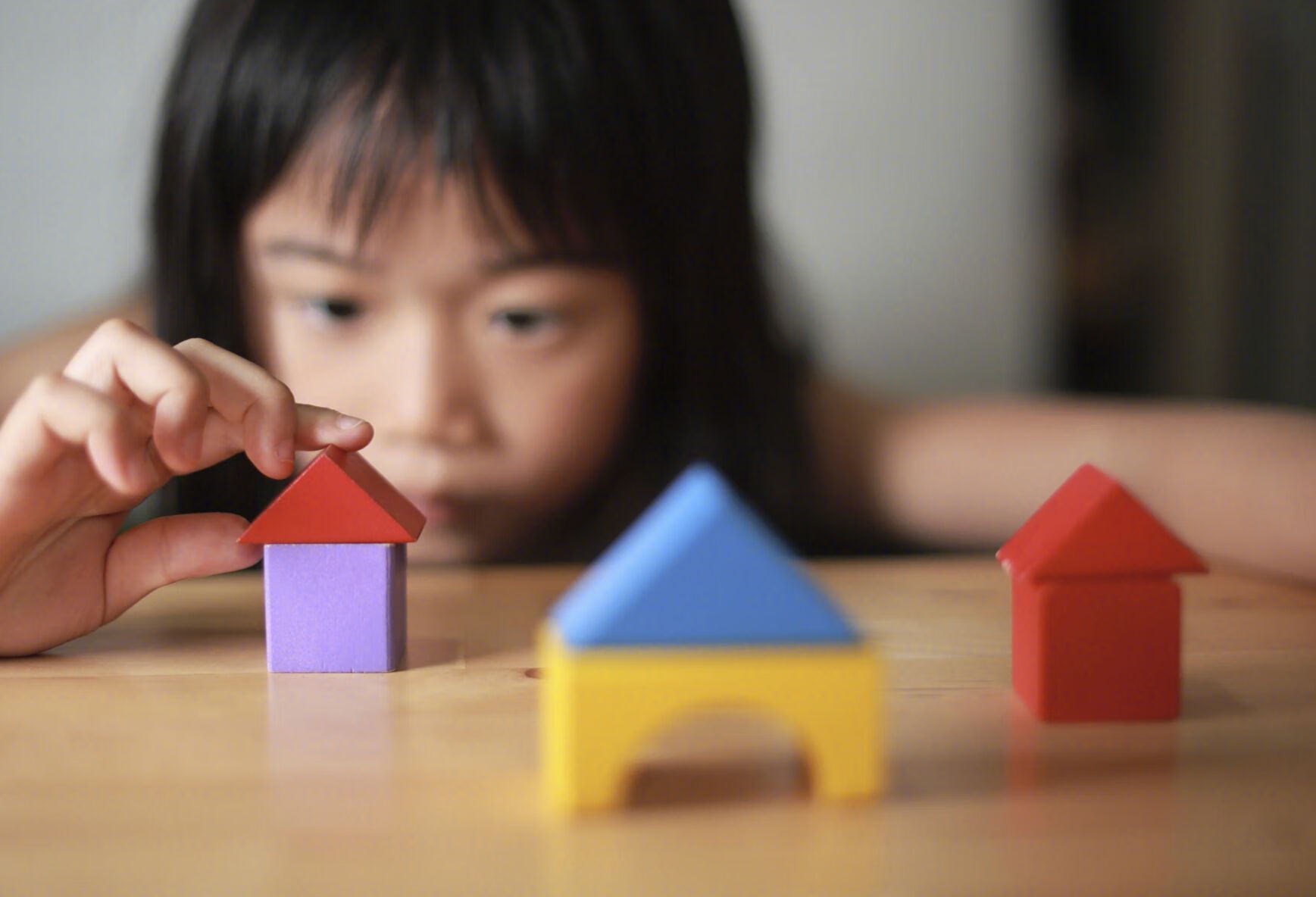
孤独症患儿临床都有哪些症状表现呢?


孩子不爱交流?拒绝社交是自闭症表现,请不要忽视


孤独症患儿的治疗方式有哪些?


儿童孤独症症状及早期识别

中度孤独症:无法根治但可改善的神经发育障碍

缺爱引发的精神健康问题及应对措施

4岁女孩不会对话,喊名字不应,调皮且大小便失禁,需要帮助吗?

孤独失眠者可尝试的中医疗法与生活方式改善

三岁自闭症症状及治疗方法

马嘉祺孤独症:古典写作中的情感表达与神经发育障碍

孤独症严重程度评估及治疗

儿童孤独症症状与诊断要点

8个月宝宝有对视但不总是看人,会不会是自闭症?
宝宝发育迟缓,疑似孤独症倾向诊断建议
8岁儿童注意力不集中,孤独症诊断及治疗建议
孤独症是否属于精神疾病?收养评估细则咨询
孤独症儿童用药咨询
孤独感困扰,如何与家人沟通病情?
儿童多动症和孤独症诊断与治疗咨询
儿童多动症相似症状智力测试分析
儿童孤独症治疗咨询
儿童自闭症用药咨询及购买
6岁儿童多动、孤独症谱系障碍的营养调理与用药建议




